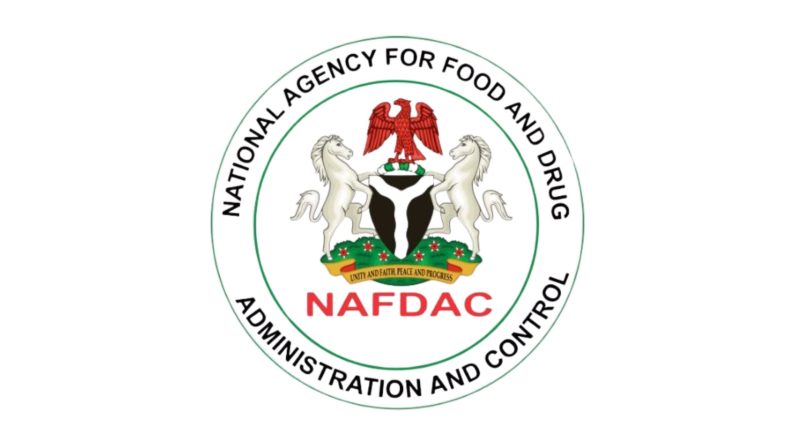NAFDAC urges pharmaceutical sector to invest in vaccine production
The National Agency for Food and Drug Administration and Control (NAFDAC) has called on Nigerian pharmaceutical manufacturers to invest in local vaccine production to prepare against future public health crises.
The Director-General of NAFDAC, Mojisola Adeyeye, issued the call in a statement on Sunday, stressing that Nigeria must not wait for another pandemic before investing in necessary health infrastructure and capacity.
Mrs Adeyeye, a professor warned that Nigeria relied heavily on international donors during the COVID-19 pandemic, a situation that must not be repeated.
“We must not be caught unprepared again,” she said.
“The agency has improved its regulatory systems for vaccines, biologics, and medical devices by undergoing restructuring and participating in the World Health Organisation’s (WHO) global benchmarking programme for national regulatory authorities.”
The NAFDAC Director-General expressed hope that Nigeria would manufacture its own vaccines before her tenure ends, calling it a personal goal and a significant step towards national pharmaceutical independence.
She noted that the agency had developed clear guidelines for epidemic and pandemic preparedness, urging Nigeria to avoid being at the mercy of other countries in future global health emergencies.
Mrs Adeyeye challenged local pharmaceutical companies to rise to the occasion, saying the time had come for Nigeria to stop over-relying on other nations and take control of its vaccine production.
“For any country to produce WHO-prequalified vaccines, it must achieve at least Maturity Level three in regulatory oversight, a milestone Nigeria has reached for imported medicines and vaccines,” she said.
“NAFDAC has fulfilled eight of nine WHO Global Benchmarking Tool modules, including those related to licensing.
“The final requirement, local vaccine manufacturing, is necessary to complete the benchmarking process for vaccines.”
Mrs Adeyeye stated that NAFDAC is the only regulatory agency in sub-Saharan Africa with an in-house laboratory for vaccines, biologics, and medical devices, unlike South Africa’s outsourced model.
READ ALSO: Nigeria’s dependence on imported medicines reduced from 70% to 60% — NAFDAC
“Last year, WHO inspectors reviewed NAFDAC’s capacity for vaccine lot release and quality control,” she said.
“However, local production is still required to enable full facility inspections and complete the evaluation process.
Mrs Adeyeye explained that WHO now expects the agency to demonstrate similar capacity for monitoring locally produced vaccines.
“We are close. Once Nigeria starts producing vaccines, we will meet the final criteria for full WHO recognition. I pray we achieve this very soon,” she said.
(NAN)

